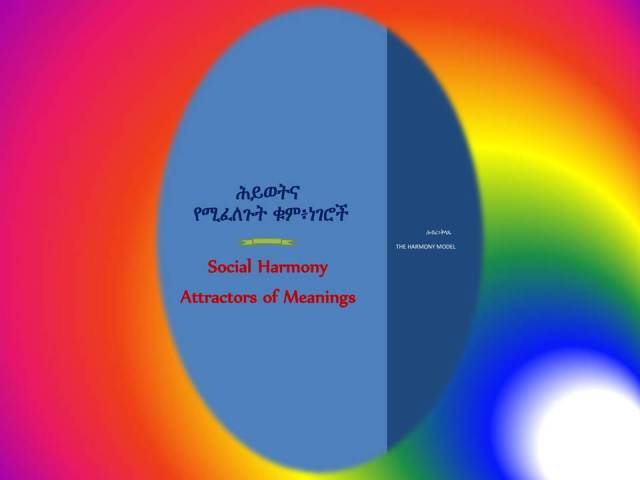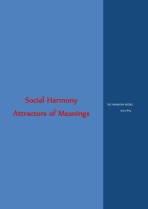Dostoeswsky is a prophet in his way and Rene Girard (“one of the ‘forty immortals’ of the French Academy”) is the one who may have interpreted him at best! See Rene-Girard-on-Dostoevsky:-
Translated by James G. Williams (Michigan State University Press, 2012)
*
……. “In Notes from the Underground the character of the officer, a minor obstacle and humiliation in the author’s life, takes on, due to pride, immense importance. Until the author can be the officer, can become one with him, the author hates the officer and sees him as a godlike opponent.
Likewise, Stavrogin, the man admired and coveted by young revolutionaries in Dostoevsky’s Demons, becomes a godlike figure to some. People admire Stavrogin as they would a cult leader, and gladly humiliate themselves before him. Dostoevsky had a famous flash of prescience in Demons, foreseeing the Stalinist regime to which the actions of such revolutionaries would lead: a man made God and a nation bowing down in humiliated worship.
Desire comes from others; desire leads to conflict; and all this happens atop a pattern of worship set in motion by the Bible. Western Civilisation’s idea of Christ becomes its greatest poison. All these acts of pride, humiliation and mimetic desire occur beneath the surface, they are concealed, and so Girard aptly calls these ideas, in line with Dostoevsky, underground thoughts.”
….. …… “Circumstances cause Dostoevsky to overturn his earlier ideas and examine them in a new light, and so in some ways the works of Dostoevsky’s middle period are all about seeing through the society-induced lies of his own earlier texts from a time when he mimicked the literary desires of others. Dostoevsky’s life was not without an excess of pride and humiliation, and we see that his genius was born from past mistakes that many perhaps would not learn from, but that this great and truly self-searching intellect did indeed take to heart. Girard’s book ends in Christian revelation, as Dostoevsky himself in The Brothers Karamazov reconciles a lifetime’s worth of ideas with scripture, seeing beyond the popular literary and social theories of his day and revealing a universal human truth. It is this human truth which still marks Dostoevsky out as one of the most psychologically perceptive authors who ever lived.”0*/
Read more in :-
—
Indeed,
– After Reading the following recent books on Modern Ethiopia (1:
by Bahru Zewde
Rene Girard’s mimesis theory is I think, very useful for understanding Aggression,
violence and conflict….etc…I can only underline most of the substance of this
theory…making a mental revue of the several notes I made during my
*
I am sure “the Ethiopian revolution and the Ethiopian student movement” all through is full of such material … but most of it has perhaps not the “fate or the fortune” of surviving the process…..in a form of literature (2 like elsewhere on the globe, so that the next generation could have learnt from it.
Nonetheless, since the theory… and the scholar observation makes IT in such a way
available (cf. Rene Girard and Doseoswsky) , I hope the coming generation may benefit from the rest too, if we indicate them the where-abouts…… That is also my intention here. Hoping it will fetch and find the right mind to learn from the past…. But as you are certainly observing the whole phenomena….the Ethiopian elite…the Ethiopian polity is still submerged/contained in the “Schlamssel”/ in the mess and not ready to quit the correspnding boxes!
*
However, I remain hoping that one day, looking at their mirrors, our “heroes” would also dare to smile at their own pictures to make the leap of taking their “enemies” (imagined) into account rather than themselves.
—–
Understanding Dostoevsky & Rene Girard:-
“When we consider the seventy years in the twentieth century his country was in the hands of its revolutionaries trying to build a Communist utopia, we cannot fail to discern in the nineteenth-century Russian novelist Feodor Dostoevsky a prophetic dimension — and one in which we may behold an image of our own culture’s controversies even after the fall of communism. The crisis he explored in nineteenth-century Russia’s belated and vexed encounter with Europe foreshadows the critical confrontations of our own time, as we face the decline of traditional religious, political, and epistemological authority while lost in a fog of competing claims about scientific determinism, groundless freedom, and the latest fashionable ideology.“
Read more:-
*
_______________________________________________________________________
Book reviews: Resurrection from the Underground: Feodor Dostoevsky by René Girard. Adrian Thurnwald.Transnational Literature Vol. 5 no. 1, November 2012.
—
1) What a coincidence for more reflection (without “bad faith”) that the two books are published almost at the same period!
The first (Zewde), a historical sketch of a social movement for social justice, apt, opted or condemned to deconstruct an old nation-state; unaware of a systemic in-built global relations of political forces (with or without complicity). (- A fact surprisingly missed by the author himself too; as if the agents are moving in a global political space, devoid of heavy-weight political players wrestling for hegemony (cultural or economic)).
The second (Asserate) depicting the painstaking process of building a nation-state in a volatile and embattled political space resulting in a regime, at the coming of age unable to reform itself !
2) It can be noted these days, that years 2013 & 2014 have come up with some interesting (autobiographic) literature reviewing the unhappy past of the last 50 years!







